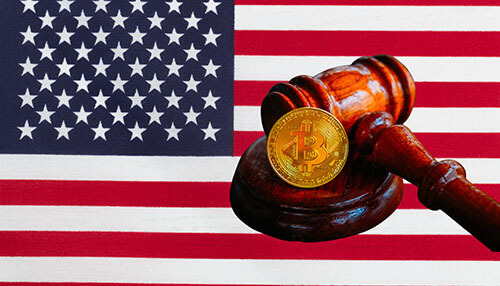Digital Currency is no longer a new term for people worldwide. Everyone is aware of the trading in the crypto market of different kinds of interesting crypto news like Bitcoin, Ethereum, Litecoin, etc.
In the past decade, this market has radically grabbed the attention of many investors around the world. The demand for Bitcoin Evolution has given considerable growth to the crypto market but you can enter it when you are sure of the legal boundaries of your country.
Of course, over time, many changes have been made in the regulations but having a general idea would always be a better option for investors. The legal framework helps the countries to regulate the crypto market but this does not mean that the transactions are controlled by any regulatory authority.
Bitcoin trading remains a decentralized way of investment without the regulatory control of any particular central bank or fiat currency.
Every country has a different approach to dealing the transactions involving digital coins. The classifications are made for ease in calculating tax and for other financial treatments. Though the below list could be expanded in the current time, a few basic elements to note about the digital currency regulations in the United States, Canada, United Kingdom, etc. are as follows:
Cryptocurrency Regulations in the United States
You will be surprised to know that the biggest country today has not framed any specific framework to regulate crypto transactions. The commission that regulates securities and the share market considers cryptocurrency as security whereas, the regulatory authority for treasury gives it the name of digital currency.
The important thing to note is that the crypto exchanges have to get a green signal from the financial crimes enforcement network which is within the regulatory framework of the Bank Secrecy Act. The mandatory process starts with registration to a list of necessary steps that the digital currency exchanges need to follow. The study of a few high-profile court cases would give crypto investors an insight into the securities law and the registration provisions.
Digital Currency Regulations in Several Other Countries in a Nutshell
- Every country wants the financial market to grow to better heights. The growth of the industry is possible when the crypto exchanges and the regulatory authorities work hand in hand.
- For this reason, countries have been issuing regulations from time to time to allow the industry to flourish along with the safety of the investors.
- Many countries have even issued their own cryptocurrency, such as Canada, Norway, etc.
- It was observed that Malta was the only country to put the regulations into words and issue them for the use of cryptocurrencies like Bitcoin.
- Under this comprehensive framework, the exchanges have to undergo a specific process for certifications, registrations, and so on for investors to trade cryptocurrency.
- Japan has also been ahead in issuing a bill that protects the rights of investors with strict crypto regulations. It also helps in protecting customers against illegal hacking of their digital wallets.
- Many investors in Hong Kong have followed the new rules while trading in the digital coin and have found it to be good governance against the unwanted elements of the crypto world.
- The regulations in Australia make the licensing and authorization of the exchanges compulsory for allowing crypto transactions.
- While some countries have also banned other cryptocurrencies, to give investors a chance to invest in the newly launched cryptocurrency of the country.
Trading in Many Countries
Many countries have been trading in Bitcoin without any restrictions giving the investors a fair chance to be a part of the crypto world and to reach their goal of profit. Some regulations might be easy to follow and help in the growth of the industry while some might be difficult to use.
The update issues must be taken into account where you are trading. You can start growing your portfolio with digital currency with the correct information available from expert agencies.
An understanding of digital coins like Bitcoin, Ethereum, Litecoin, etc. will help you in knowing the volatility of the crypto world and having an informed approach toward investment. Cryptocurrency regulations can be different across the globe though the basic thing is to protect the rights of the miners, developers as well and investors.



